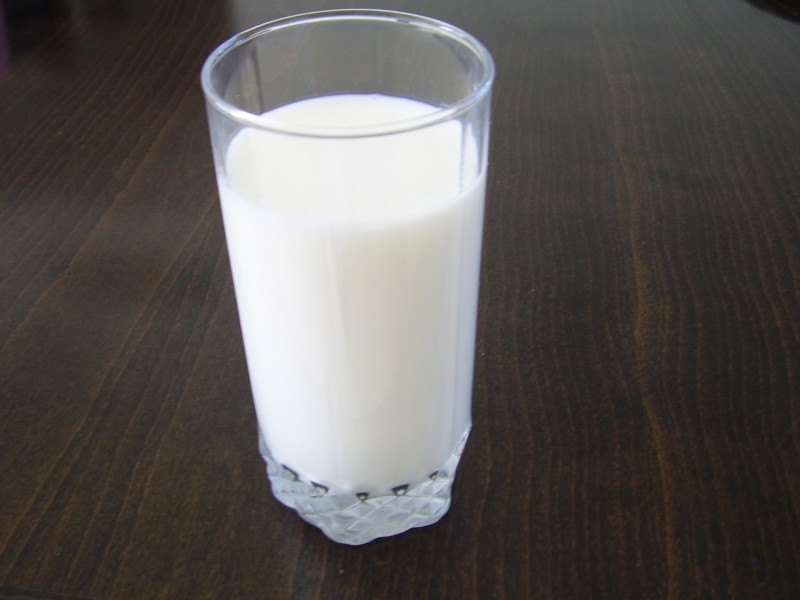
Milk, often touted as a wholesome beverage, has been a bedtime staple for many. But is it really wise to consume milk at night? Let's delve into the advantages and drawbacks of this age-old practice.
Milk contains tryptophan, an amino acid that helps in the production of serotonin and melatonin, two hormones crucial for regulating sleep patterns. A warm glass of milk before bed can promote relaxation and improve sleep quality.
Milk is a powerhouse of essential nutrients, including calcium, vitamin D, and protein. Consuming it at night ensures your body gets these vital nutrients, aiding overall health.
The protein in milk aids in muscle recovery and growth. Drinking milk before sleep can be especially beneficial for athletes and those engaged in physical activities.
Milk can have a soothing effect on the stomach, helping with indigestion and acidity, which can be particularly bothersome at night.
Milk provides hydration while you sleep, preventing morning dehydration, which can lead to fatigue and headaches.
Many people are lactose intolerant and cannot digest milk properly. Consuming milk at night can lead to digestive discomfort, including bloating and diarrhea.
Milk is calorie-dense, and drinking it at night without offsetting your overall calorie intake can contribute to weight gain over time.
For some individuals, dairy products, including milk, can trigger acid reflux symptoms when consumed before bedtime, leading to discomfort during sleep.
Drinking milk at night without proper oral hygiene can increase the risk of tooth decay and cavities due to the sugars naturally present in milk.
Milk allergies can cause various symptoms, including skin rashes, hives, and digestive issues. Consuming milk at night may exacerbate these allergies.
The decision to consume milk at night should be based on individual tolerance and dietary goals. While it offers several advantages such as sleep promotion and nutrient intake, it may not suit everyone. It's essential to consider your health, dietary restrictions, and specific needs before making milk a bedtime ritual. Moderation and listening to your body are key.
In conclusion, the wisdom of consuming milk at night varies from person to person. It can be a soothing bedtime ritual for some, while others may experience drawbacks. Assess your own health and preferences to make an informed choice.
Nuclear Weapons Testing Poses Grave Threat to Humanity: Vatican Raises Concerns